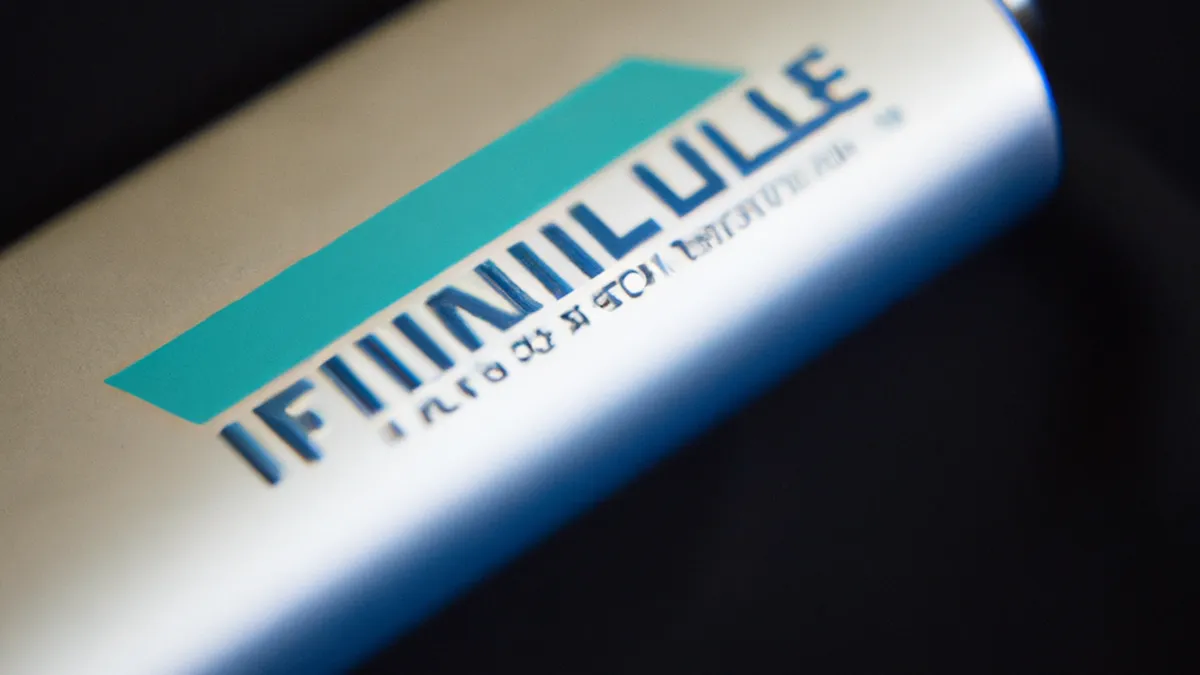Championing Recovery: Empower Others Effectively
Strategies for Empowering Others in Their Recovery Journey
Supporting someone in recovery can transform both of your experiences. It strengthens your bond as you navigate healing together. Empowering others fosters resilience, growth, and self-efficacy. Here, we explore effective strategies to guide someone through recovery.
Listen Actively
Active listening serves as a powerful support tool. Give your full attention when they share thoughts and feelings. Focus on understanding their perspective without interrupting.
Validate Their Feelings
Validation plays a crucial role in recovery. Acknowledge their emotions as real and significant. Phrases like “That sounds tough,” help them feel understood. This validation builds trust and creates a safe space for dialogue.
Be Present
Sometimes, your presence means more than advice. Attend therapy sessions if they invite you. Simply sitting with them during difficult times can provide comfort. Remind them they are not alone on their journey.
Encourage Independence
While support is essential, encourage their independence. Allow them space to make their own decisions. This autonomy fosters self-efficacy and builds confidence. Remind them of their strength in navigating recovery.
Set Goals Together
Setting achievable goals can motivate recovery. Collaborate to establish realistic and measurable goals. Break these down into smaller steps to avoid overwhelm. Celebrate their progress, reinforcing their belief in their abilities.
Promote Healthy Coping Mechanisms
Encourage healthy coping strategies aligned with their interests. Activities like yoga, meditation, or creative outlets can be beneficial. These tools help manage stress and promote overall well-being.
Foster a Supportive Environment
Create a nurturing and positive environment for recovery. Surround them with positivity and support. Help eliminate negative influences that may hinder progress.
Establish a Routine
Developing a daily routine provides structure and stability. Work together to create a balanced schedule. Include time for self-care, relaxation, and joyful activities. A consistent routine enhances their sense of control.
Connect with Resources
Support them in connecting with helpful resources. Encourage them to join support groups or community programs.
Conclusion
Empowering others in their recovery journey strengthens relationships and promotes growth and resilience. Use these strategies to support their healing.
Below are related products based on this post:
FAQ
What is the importance of active listening in supporting someone in recovery?
Active listening is crucial as it allows you to give your full attention to the individual, helping them feel heard and understood. This practice fosters a deeper connection and creates a safe environment for them to express their thoughts and emotions without interruption.
How can I encourage independence while supporting someone in their recovery?
Encouraging independence involves allowing the individual space to make their own decisions and choices. By doing this, you help foster their self-efficacy and confidence in navigating their recovery journey, reinforcing their belief in their own strengths.
What strategies can I use to promote a supportive environment during recovery?
To promote a supportive environment, focus on creating a nurturing and positive space. Surround the individual with positivity, eliminate negative influences, and help them establish a daily routine that includes self-care and enjoyable activities. Additionally, assist them in connecting with resources like support groups and community programs.















Post Comment